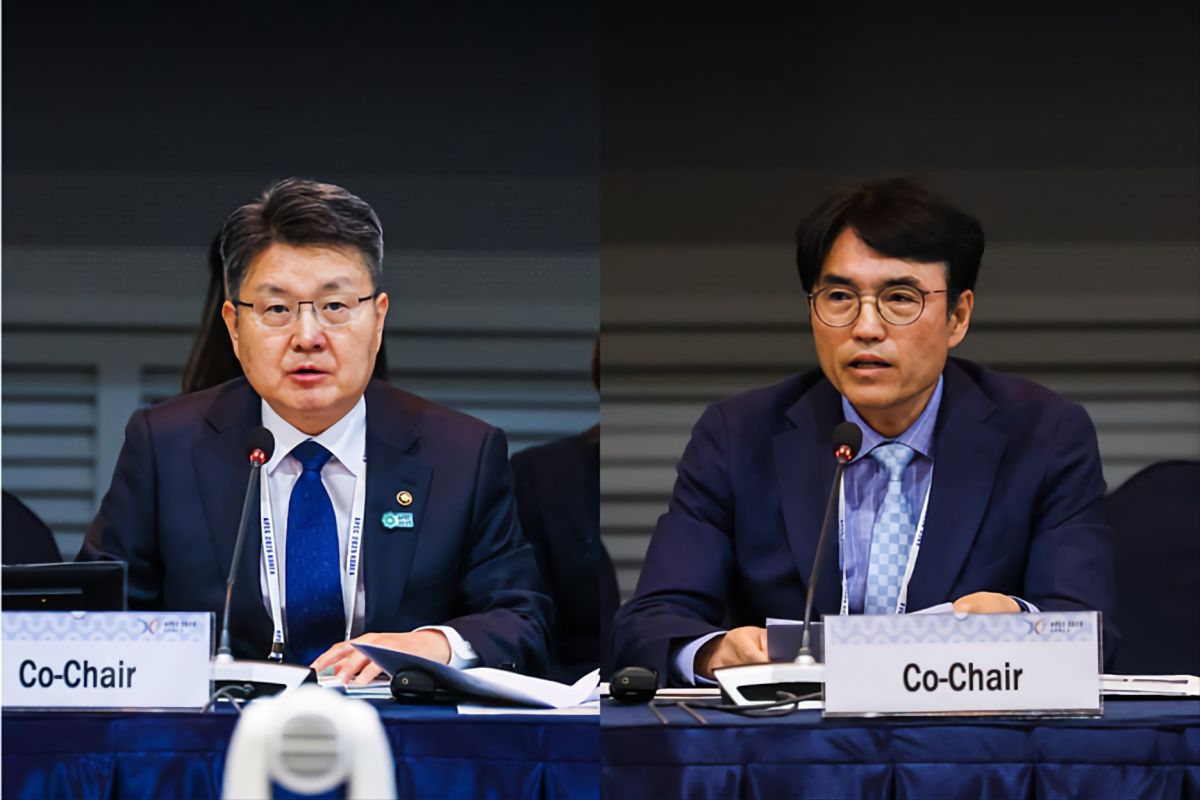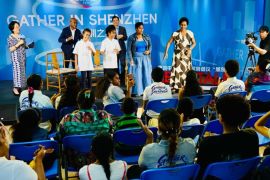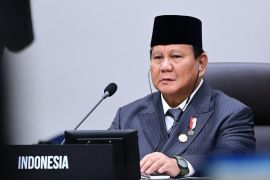Speaking at the opening plenary of the APEC Human Resources Development Working Group on Wednesday (May 7), Vice Minister of Korea’s Ministry of Education Seok-Hwan Oh emphasized the urgent need to reform education systems to keep pace with technological disruption.
"We are at a turning point. Education must go beyond transmitting knowledge. It must connect learners, encourage critical thinking, and promote adaptability," Vice Minister Oh said, as noted in a release issued by the APEC Human Resources Development Working Group received here on Friday.
He highlighted Korea’s initiative to introduce AI-powered digital textbooks aimed at personalizing learning and equipping students with problem-solving skills.
"The starting point of change is in the classroom. We are supporting teacher-led innovation and expanding digital access to ensure no student is left behind," Oh stated.
Throughout the day, delegates discussed how APEC member economies can update education and employment strategies to remain relevant in the face of rapid change.
A key theme was the growing mismatch between what schools teach and what labor markets require.
Korea’s Deputy Minister of Employment and Labor Chang-jun Kwon addressed the structural changes sweeping through global labor markets.
"The spread of artificial intelligence, low birth rates, and an aging population are reshaping how economies grow, how people work, and what skills are needed," he stated.
Deputy Minister Kwon outlined policy reforms that Korea is pursuing, including flexible labor systems, stronger support for lifelong learning, and better integration of women and older adults into the workforce.
"We must reduce rigidities in wage and working-hour structures and create a fairer labor ecosystem that supports job transitions and reduces disparities," he emphasized.
He also called for stronger protection for vulnerable workers, particularly those in non-standard employment such as platform and freelance jobs.
"We must build an employment safety net without blind spots," Kwon stated.
The meeting brought together representatives from all 21 APEC economies and serves as a lead-up to two ministerial-level discussions on education and workforce development next week.
Sessions this week will focus on disability inclusion, digital skills, regional policy coordination, and ways to engage younger generations in emerging job sectors.
"The human element of economic growth is too often overlooked. This working group is vital to making sure our people are prepared for the future, not just our markets," Eduardo Pedrosa, Executive Director of the APEC Secretariat, stated.
Pedrosa highlighted APEC’s long history of focusing on human capacity building, including projects promoting digital literacy, inclusive employment, and future-oriented education policies.
"We need stronger stakeholder engagement and open dialogue to turn our shared challenges into shared progress," he stated.
The agenda for the week includes updates on regional policy frameworks and new proposals for regional collaboration.
One proposal introduced by Korea calls for the creation of a new regional fund focused on supporting future generations, which would invest in policies to address education gaps, youth employment, and digital transition.
Related news: APEC seeks to advance AI standardization to support innovation, trade
Officials are also reviewing current initiatives on disability employment, digital employment trends, and cross-sector coordination, including sessions that focus on case studies from across the region, as well as discussions with other APEC groups working on transport, services, and small business development.
Chair of the Human Resources Development Working Group Zhao Li stated that the group’s work is focused on finding practical solutions that enable private sector job growth.
"In this landmark 50th plenary, we are not just marking a milestone. We are building a bridge between what APEC has achieved in workforce policy and what it must now do to stay ahead," Li stated.
"Our focus is to fuel the economic growth of the region through human resources development, helping employers find the workers with the right skills, and supporting the creation of private sector jobs," Li stated.
"This meeting allows us to align approaches that can inform ministerial-level action," he affirmed.
The working group will conclude on May 10 with presentations of key recommendations and outcomes from its thematic networks.
Discussions will help shape APEC’s broader agenda for sustainable and inclusive growth through people-centered development.
The outcomes of the Jeju meeting will directly inform the upcoming Human Resources Development Ministerial Meeting and APEC Education Ministerial Meeting, both scheduled for later this week.
Ministers are expected to consider the policy proposals and collaborative models developed during this working-level dialogue as they chart the region’s next steps in building a resilient, inclusive, and future-ready workforce.
Related news: APEC 2025: S Korea advances regional trade, AI, sustainability agenda
Reporter: Yuni Arisandy Sinaga
Editor: Rahmad Nasution
Copyright © ANTARA 2025











